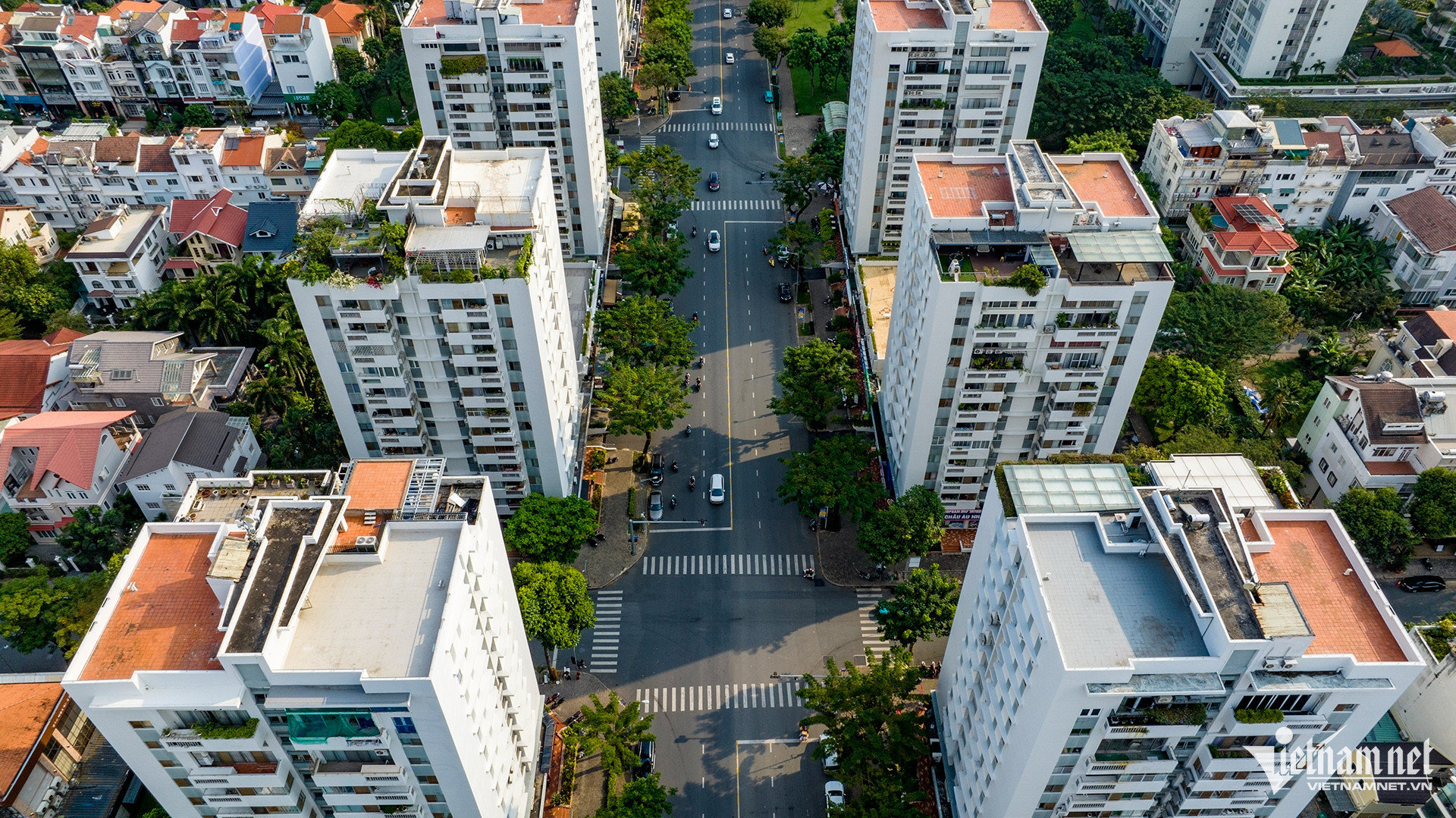
Tourists in Ho Chi Minh City are increasingly opting for short-term rental apartments over hotels. While these rentals offer affordability and convenience, residents in apartment complexes strongly oppose the trend, citing security risks and overcrowding of shared facilities.
Why tourists prefer rental apartments
Under new HCMC regulations, short-term rentals - defined as daily or hourly stays in apartments - are only permitted in mixed-use residential buildings. Landlords must register tenants’ temporary residence and report stays per legal requirements.
Meanwhile, apartments designated for residential purposes must be used exclusively for living, with no allowance for short-term rentals.
This regulation aims to establish legal oversight over the booming tourist rental market, resolving conflicts between residents and landlords who operate Airbnb-style short-term rentals.
Over the past few years, the tourist rental business has flourished, particularly in central HCMC districts. These rentals attract visitors with prime locations, lower prices than hotels, and home-like amenities.
A property agent, Mr. K., manages over 50 rental apartments across HCMC, with nightly rates ranging from $40 to $160, depending on location and size.
These rentals include full-service amenities such as housekeeping, utilities, and access to shared facilities like swimming pools and gyms.
"Compared to hotels in the same location, short-term rentals are significantly cheaper. Foreign visitors love them, and they’re ideal for groups because they save money and allow cooking," Mr. K. explained.
Just across from District 1, District 4 has also seen a surge in short-term rental activity. On Airbnb, apartment rentals along Ben Van Don Street range from $20 to $110 per night, depending on size and location.
Mrs. A., an apartment owner in Masteri Millennium, District 4, listed her two-bedroom apartment for $72 per night on Airbnb, with an additional $12 service fee per booking.
"My unit is fully booked until the end of the month. It accommodates up to four adults, with check-in and check-out similar to a hotel. Guests have full access to all residential amenities," she said.
Residents push back against short-term rentals
While apartment rentals have become a popular alternative to hotels, long-term residents have voiced strong opposition, citing numerous disruptions to daily life and security.
Mrs. Tran Thu Hien, a resident in District 4, complained about the weekend influx of short-term guests, which has led to overcrowding and long waits for elevators.
Beyond concerns over security and potential illicit activities, she noted that shared facilities such as pools and gyms frequently become overcrowded due to temporary guests.
In response, some apartment management boards in HCMC have put up warning signs prohibiting the use of residential apartments for short-term stays.
Regulatory challenges and proposed solutions
Le Hoang Chau, Chairman of the Ho Chi Minh City Real Estate Association (HoREA), recalled that in 2020, when Airbnb rentals surged across HCMC, the association urged the Ministry of Construction to introduce a legal framework to regulate the industry effectively.
According to Chau, short-term rentals are here to stay, driven by growing demand and digital platforms. However, rather than adopting a blanket ban, authorities should develop modern management policies to address emerging challenges.
In addition to requiring business registration and taxation, Chau proposed that rental apartment owners contribute additional management fees to compensate for the increased workload and responsibilities placed on apartment management teams.
Anh Phuong